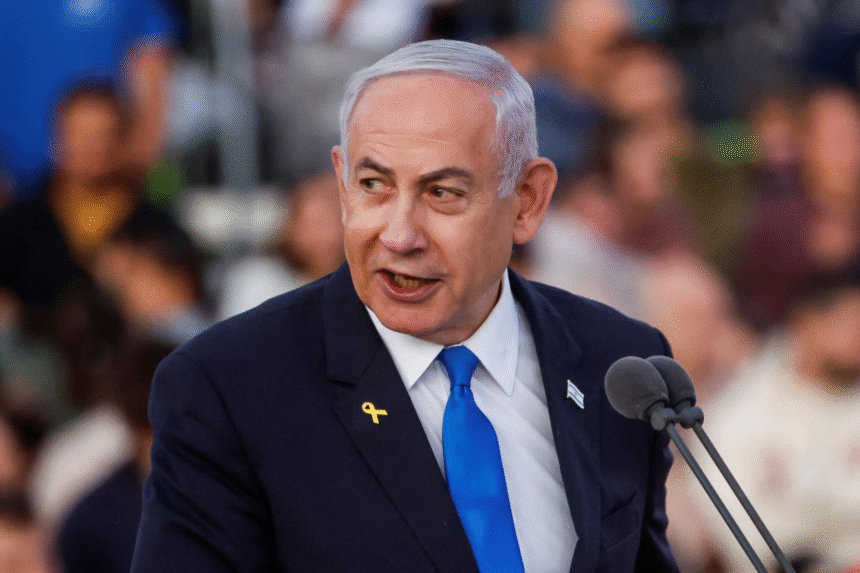Israel’s recent operations against the Islamic Republic of Iran no longer represent merely an attempt to halt Tehran’s nuclear ambitions.
On the contrary, they signal the onset of a direct and open conflict with a clear strategic objective: the dismantling of Iran’s military capabilities and the elimination of key figures who have developed that power.
This raises a crucial question: What does Netanyahu truly seek?
Unlike past interventions, often justified as preemptive measures against nuclear threats, this Israeli campaign marks a significant geopolitical escalation. It goes beyond previous confrontations triggered by Benjamin Netanyahu’s responses to jihadist attacks or operations in the Gaza Strip. This time, Israel is targeting the core of Iran’s military structure, striking strategic sites more than 1,500 kilometers away.
Despite suffering significant losses over the past 13 months, Iran remains a regional power capable of violent retaliation across the Middle East. In response to this threat, the Israeli military has assassinated leaders of organizations tied to the Revolutionary Guard and taken steps to neutralize Iran’s air defense systems—moves that pave the way for an expanded aerial campaign.
This shift signals a major transformation in Israel’s military and diplomatic doctrine. No longer a shadow war, it is now an open battle against a regime that continues to be seen as the gravest threat to Israeli national security.







